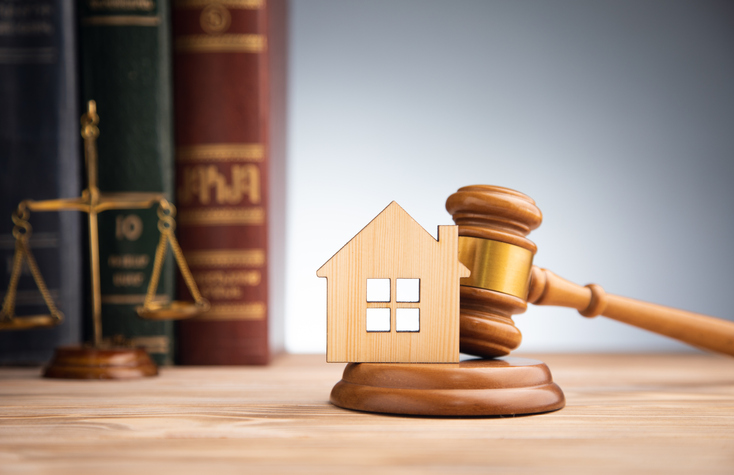Housing for Older Persons Explained

In general, when making housing-related decisions, both state and federal laws prohibit discrimination based on one’s familial status. This means that families with children under the age of 18 cannot be denied housing or be treated differently on that basis. But like most rules there is also an exception. In this case, it’s an exception that covers in the law for “housing for older persons” (don’t come for me, this is the legal terminology).
“Housing for older persons” is housing that:
- Has been specifically designed and operated to assist elderly persons (for example, an assisted living facilities), or
- Is intended for and solely occupied by persons aged 62 or older, or
- Is intended and operated for occupancy by persons aged 55 or older.
The most common exemption that we at the legal hotline are asked about is the 55+ exemption. The exemption states that communities which provide housing for older persons will not be liable for familial status discrimination. However, to absolve themselves of liability, the community must comply with a few requirements. The community must publish and abide by policies and procedures showing it is housing for older persons, it must perform age verification and at least 80% of the units must be occupied by someone age 55 or older (sometime referred to as the 80/20 rule).
What this means is that if I were to establish a community that is intended to be housing for older persons, I would be required to create and follow appropriate policies, I would have to verify the age of my residents and I would have to make sure that at least 80% of the units have someone living there who is at least 55 years of age.
So let’s talk about what this exemption does not mean.
First, it does not mean that the community must allow up to 20% of its units to be occupied by persons under the age of 55. Eighty percent is a floor, meaning that the number of residents cannot go below that. Communities may have policies stating that 100% of units must have someone residing there who is 55 or older and as long as they follow those rules; that’s perfectly acceptable.
Second, it does not mean that a landlord can designate a single-family home or a portion of one as housing for older persons in an attempt to avoid families with children. You may have noticed that this article refers to “communities” or “facilities.” The exemption applies to a group of properties that are in the same location and have some relationship to one another.
Lastly, the exemption does not require that all occupants of a unit be over the age of 55 or that you must be older than 55 to own it. When determining whether the community meets the 80% minimum, it is the occupants who are counted, not the owners. And there need only be one occupant in each particular unit who is over the age of 55.
There are many resources available from HUD’s Office of Fair Housing and Equal Opportunity, which include methods to report a violation if you believe that your client has been the subject of unlawful discrimination.
Topics
Share this post
Member Discussion
Recent Articles
-
Tri-County Realtor® Leads Efforts to Fight Hunger
- November 21, 2024
- 2 min. read
Heather Griesser-LaPierre, a member of Tri-County Suburban Realtors®, led an initiative last month to pack 238,000 meals for hurricane victims alongside fellow Realtors® and other volunteers.
-
9 Tips to Save Money When Moving
- November 20, 2024
- 3 min. read
For new homeowners, moving costs can add up quickly. Here are nine tips to keep moving costs down, from Point2.
-
Earn Pa. CE Credit at Triple Play: Agency Relationships and Disclosures
- November 19, 2024
- 2 min. read
Taught by two PAR associate counsels, “Agency Relationships and Disclosures in Pennsylvania” is a three-hour course that is a Pennsylvania SREC-required topic for the 2024-2026 continuing education cycle.
Daily Emails
You’ll be the first to know about real estate trends and various legal happenings. Stay up-to-date by subscribing to JustListed.



